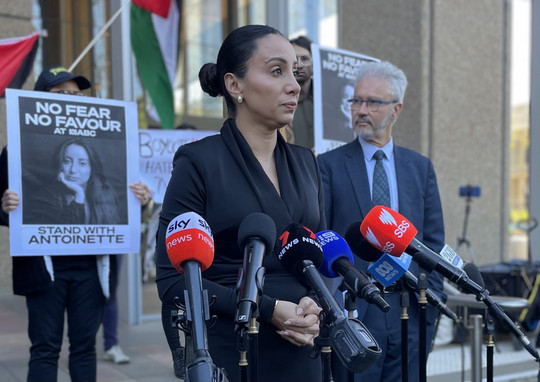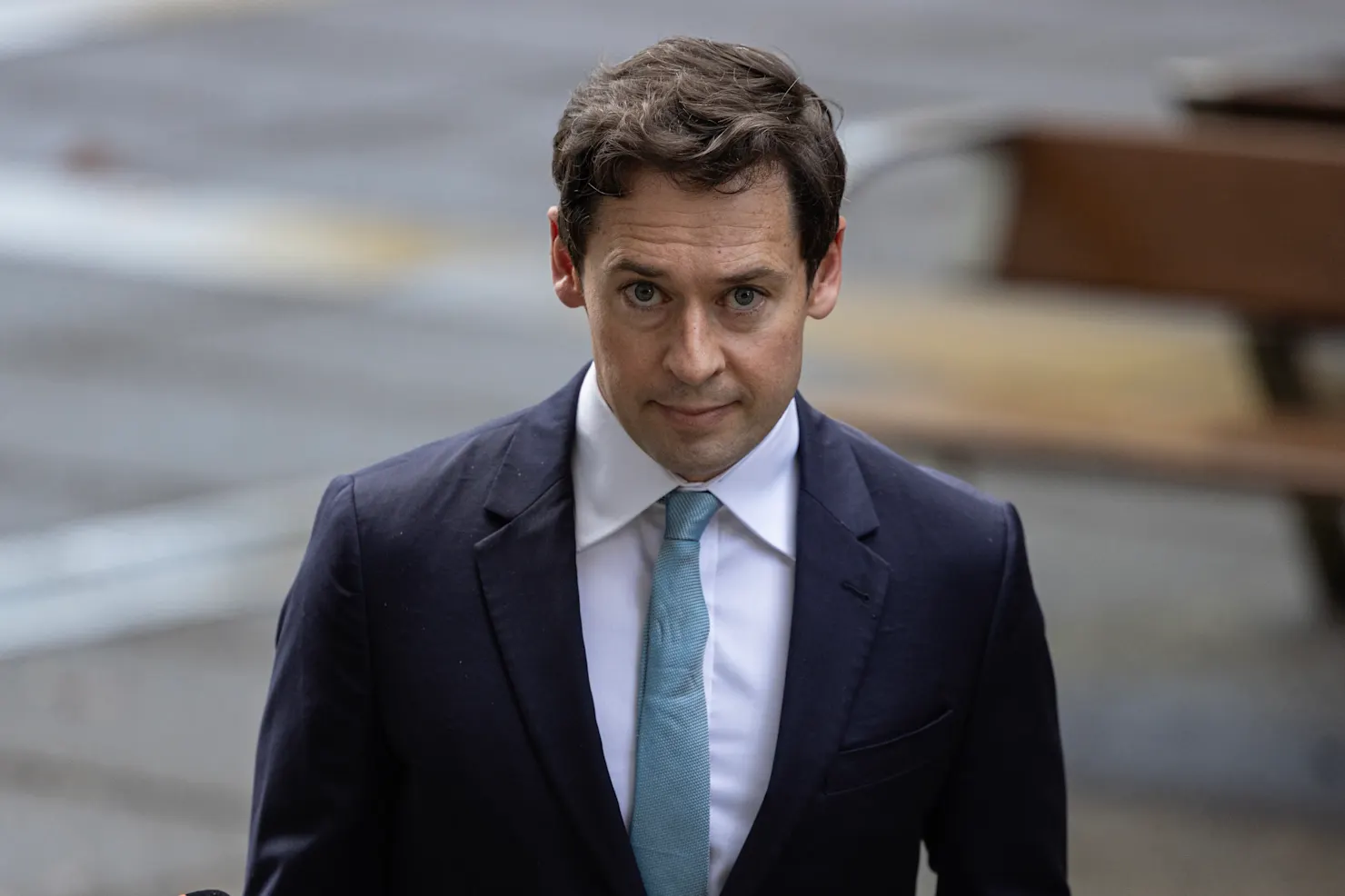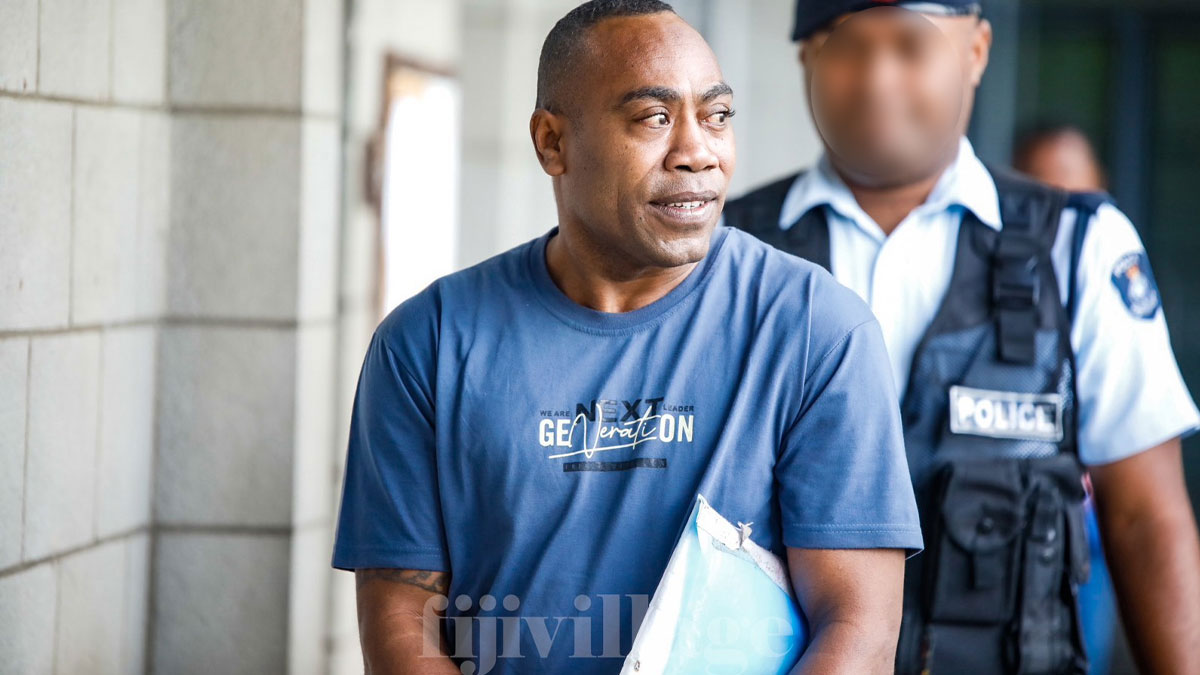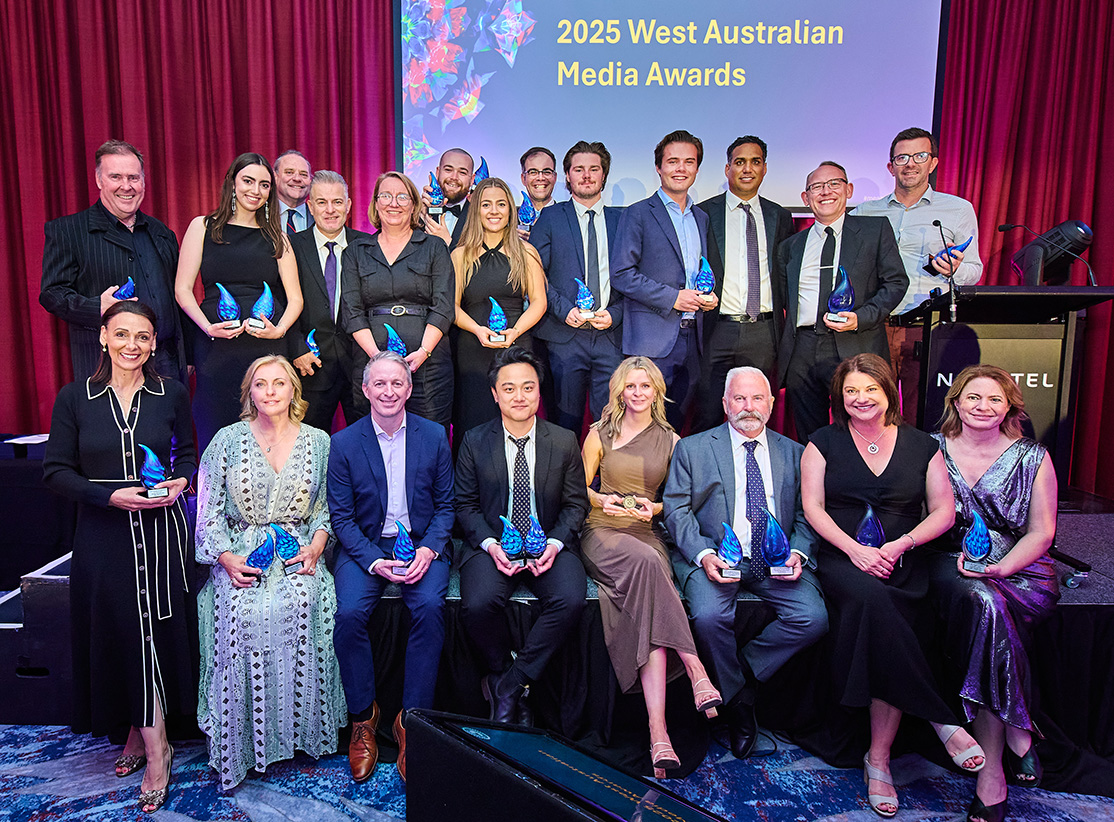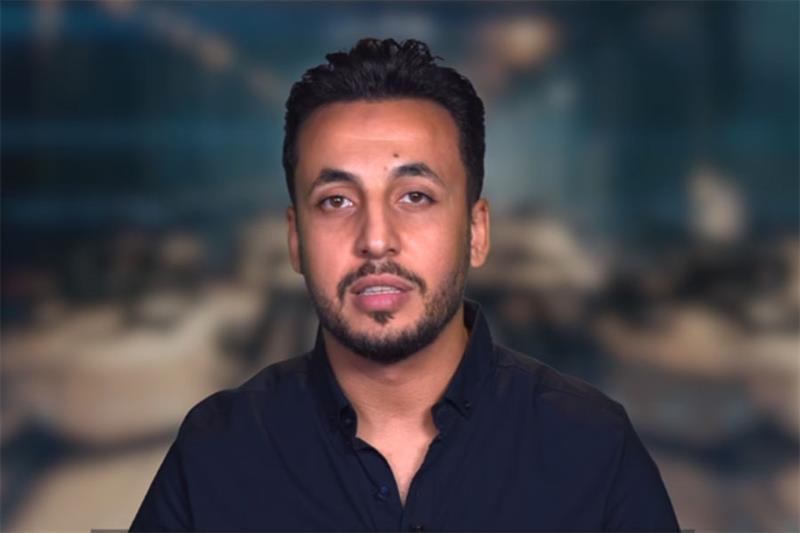
Press Freedom Clash: Egyptian Syndicate Denounces BBC, Journalist Alleges Silencing Over Palestine Posts
September 29, 2025
French Journalism Schools Rally for Release of Reporter Imprisoned in Algeria
September 29, 2025September 29, 2025 – Australia –
A recent press release by the International Federation of Journalists (IFJ) reveals that several Australian journalists have been targeted, harassed, and effectively censored by lobby groups after producing work critical of Israel’s war in Gaza.
The IFJ, together with its local affiliate MEAA (Media, Entertainment & Arts Alliance), has denounced these tactics, urging Australian media outlets and regulatory bodies to uphold freedom of expression and ensure access to information remains protected.
One prominent case involves Antoinette Lattouf, a Lebanese-Australian journalist. The Federal Court found on June 25, 2025, that her dismissal from a short-term radio contract with the ABC was unlawful. The court concluded the termination was influenced by pressure from pro-Israel lobby groups responding to her social media post about human rights violations in Gaza. As a result, ABC was ordered to pay her AUD 150,000 in additional compensation, on top of AUD 70,000 previously awarded.
Other journalists have faced similar repercussions. Peter Lalor, a cricket reporter, was dropped from radio coverage of Australia’s tour of Sri Lanka after he shared posts concerning Gaza and the release of Palestinian prisoners. Meanwhile, veteran broadcaster Mary Kostakidis is battling legal action brought by the Zionist Federation of Australia, alleging her posts on X were anti-Semitic. She contests the claim, noting that the case fails to identify any particular race or ethnicity as affected.
In response, MEAA reiterated that journalists operate under ethical codes and often exercise critical judgment in political commentary, which is integral to a functioning democracy. It pledged support for media professionals facing retaliatory pressure. The IFJ echoed this, emphasizing that independent journalism in the public interest must withstand partisan forces and that censorship by influence undermines democratic accountability.
As these cases unfold, they spotlight growing tension between media freedom and external pressure in liberal democracies. For Australian journalism, they serve as a reminder that safeguarding critical voices is not just a legal issue—but a test of principles.
Reference –

